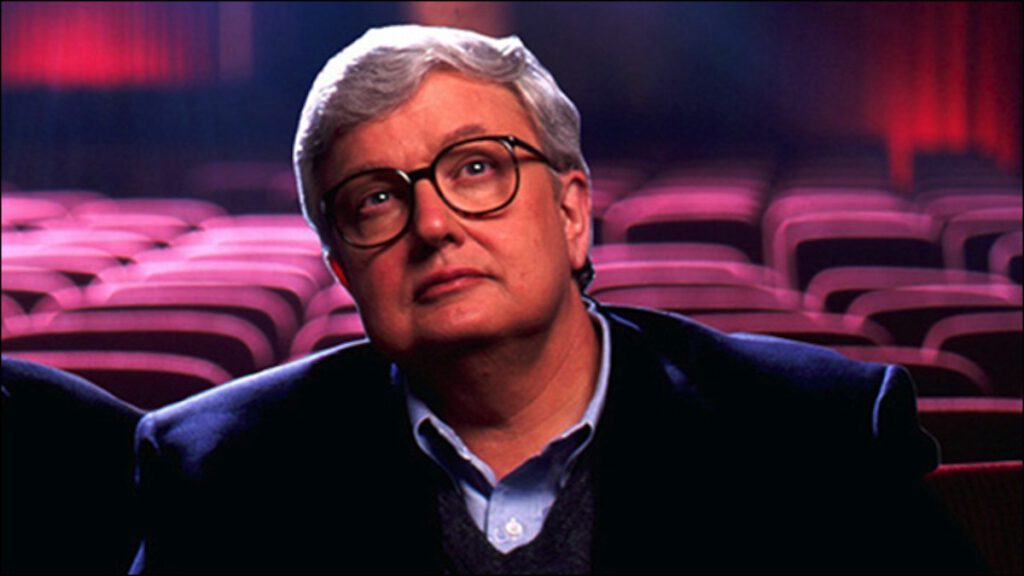We thought you may want to watch Steve James’ “Life Itself” today, on Roger Ebert‘s 73rd birthday, and have some new information on how to do so internationally. Every day, we get letters or emails responding to “Life Itself,” or asking how it can be seen. And so we thought it appropriate to respond today, and asked Magnolia Pictures for some help. They told us that in the United States it can be seen on Netflix, iTunes, Amazon and most other VOD (video on demand) rental services. The rest of the international details are below.
Internationally:
On Netflix:
LATIN AMERICA
UNITED KINGDOM/IRELAND
FRANCE
GERMANY
AUSTRALIA/NZ
SCANDINVIA
BENELUX
CANADA
On Sundance Channel:
ASIA (excluding Japan and China)
MIDDLE EAST
SPAIN
PORTUGAL
In ISRAEL on DBS Pay TV
In ITALY – on VOD platforms and Pay TV (soon)
COMING SOON
China – VOD platforms
It also seems like a great time to remind you of critical response to one of the best documentaries of 2014. Read more here.
“Far more than just a tribute to the career of the world’s most
famous and influential film critic, the often revelatory “Life Itself” is also
a remarkably intimate portrait of a life well lived — right up to the very last
moment.” – Bruce Ingram, Chicago Sun-Times
“It’s a work of taste and generosity, in keeping with its
subject, and James ensures that it avoids the hometown-hero ‘attaboy!’ attitude
some feared might come of such a project, especially so soon after the
70-year-old film critic’s death in April. … Anyone who cared about Roger Ebert
will find it necessary viewing.” Michael Phillips, Chicago Tribune
“Watching ‘Life Itself,’ what strikes me most about the way that
Ebert lived out his final days, when his body was disintegrating yet his mind
was purified, is that it truly was a continuation of the way that he had always
lived: at full spiritual volume, hungry for the taste of experience. His ego
was so implacable that it was truly at peace. In a lifetime at the movies,
Roger Ebert consumed a lot of empathy, so there’s something
almost luminous about seeing him take that empathy and shine it back on
himself.” – Owen Gleiberman,Entertainment Weekly
“The number one thing that comes through in ‘Life Itself’ is the
distinctive, clean voice of his prose, a voice that was both full of love and
trained by writing on deadline, expansive as the world of film and concisely
shaped and sharpened by the physical constraints and physical nature of
newspaper publishing. Ebert’s genius was, as Trilling said of Orwell, that he
was not a genius — his insights and ideas were always articulated simply,
strongly and perfectly in the plain-spoken language of newspapers and lobby
conversation.” – James Rocchi, Film.com
“The main
takeaway here is Ebert’s unsinkable passion which lasted until the very end: he
was a person who cared tremendously about the power of cinema as an art form,
and that love will never die. Herzog refers to him as a true soldier of cinema
and, by the end of this documentary, it’s hard not to agree with the sentiment.
The power of his influence reverberates to this day with a new generation of
online critics (myself included) who will remember and cherish his legacy for
many years to come.” – Raffi Asdourian, The Film Stage
“No film in the festival is as critic-friendly; watching it, I
finally understood how football players must feel about ‘Brian’s Song.’” –
Jason Bailey, FlavorWire
“Even the best relationship in Ebert’s life isn’t viewed through
some gauzy filter. Chaz Ebert, often depicted as an eternally patient angel,
gets to be tough and feisty here, standing up to her husband and fighting for
him. It’s not an idealized relationship, even if there’s something swoon-worthy
about two people who found soulmates a little bit later in life.” – Daniel
Feinberg, HitFix
“Even those in journalism, the film business and elsewhere who
knew Roger Ebert fairly well will learn a lot through James’ richly satisfying
film, and while some will flinch at what he went through in his final years,
many more will admire the strength and perseverance that contributed to his
becoming a genuinely resolved man.” – Todd McCarthy, The Hollywood Reporter
“A large portion of the film takes place in the hospital during
Ebert’s last act in life. James gets up close and personal, showing the
audience how much Ebert smiled through his tough, final days and managed to
still enjoy his life. It’s devastating and beautiful, sad and poetic, all at
the same time, exactly what Ebert wanted.” – Chase Whale, IndieWire











